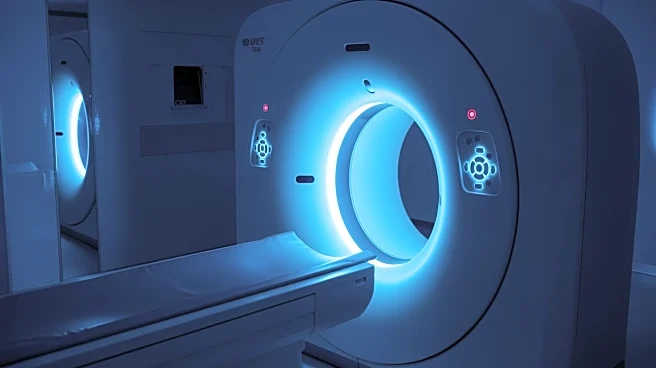Rapid Read • 7 min read
A recent study suggests that the universe may start collapsing in approximately 10 billion years, challenging previous theories about its lifespan. The study, based on findings from the Dark Energy Survey and the Dark Energy Spectroscopic Instrument, proposes that dark energy might consist of axions, hypothetical particles that could lead to a negative cosmological constant. This would result in a 'Big Crunch,' where the universe's expansion reverses and contracts rapidly. The model estimates the universe's total lifespan to be around 33 billion years, indicating it is already one-third through its life cycle.
AD
This new model has significant implications for our understanding of cosmic evolution and the fate of the universe. If the universe is indeed set to collapse sooner than expected, it could reshape scientific theories about cosmic expansion and the role of dark energy. The potential discovery of axions as a component of dark energy could lead to breakthroughs in particle physics and cosmology. Understanding the universe's lifespan is crucial for scientists as it influences theories about the universe's origin, structure, and ultimate fate.
Further research is needed to confirm the existence of axions and their role in cosmic expansion. Scientists will continue to study dark energy and its properties to refine models predicting the universe's future. The debate between the 'Big Freeze' and 'Big Crunch' theories will persist, with new observations potentially altering current understandings. As research progresses, the scientific community may develop more accurate models to predict cosmic events, influencing future studies in cosmology and astrophysics.
AD
More Stories You Might Enjoy










